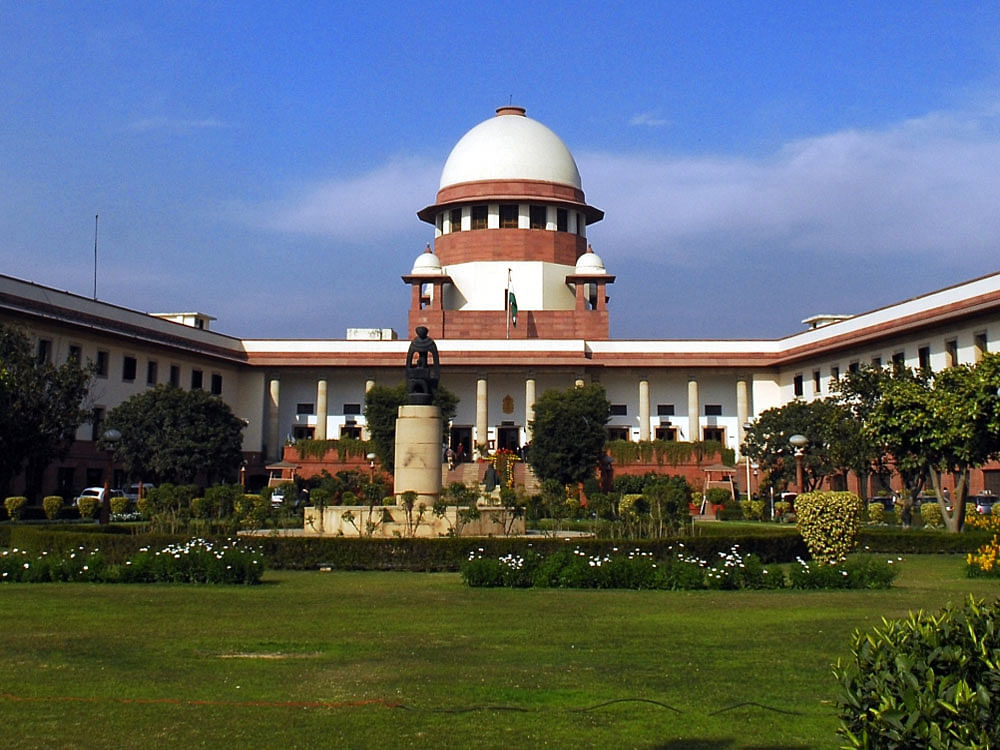
The Supreme Court on Thursday disapproved the culture of banning books, saying it directly impacted free flow of ideas.
The court reserved its judgement on a plea to ban the Malyalam novel, Meesha, by Kerala-based author S Hareesh for portrayal of Hindu women in a poor light.
Hearing the PIL by a Delhi resident, N Radhakrishnan, a bench of Chief Justice Dipak Misra and Justices A M Khanwilkar and D Y Chandrachud said a book cannot be banned unless it comes in direct conflict with Section 292 (obscenity) of the IPC.
"Literary works are amenable to criticism from various facts and layers... What is the context? Who are the characters," the bench quizzed advocate Gopal Sankaranarayana, representing the petitioner.
The counsel said the women, visiting temples, have been ridiculed by the author. The court said that much of poetic freedom should be there.
Additional Solicitor General Pinky Anand, appearing for the Centre, said banning the book would affect Article 19(1)(a) (freedom of speech and expression) of the Constitution.
The Kerala government, represented by senior advocate Jaydeep Gupta, said the novel cannot be banned based on certain passages.
The petitioner, for his part, cited examples of ban of books earlier in the country for various reasons.
"We can't make virtues of what has been banned to ban this as well," the bench retorted.
At the end of hearing, the counsel sought to withdraw the plea.
Declining the request, the bench reserved the judgement and asked a counsel, appearing for Mathrubhumi daily, which published the series in the newspaper, to furnish a translation of two chapters of the novel within five days.
The petition, filed by advocate Usha Nandini V, claimed the publication of the series has already caused public outbursts and protests across the nation.
